Downloads
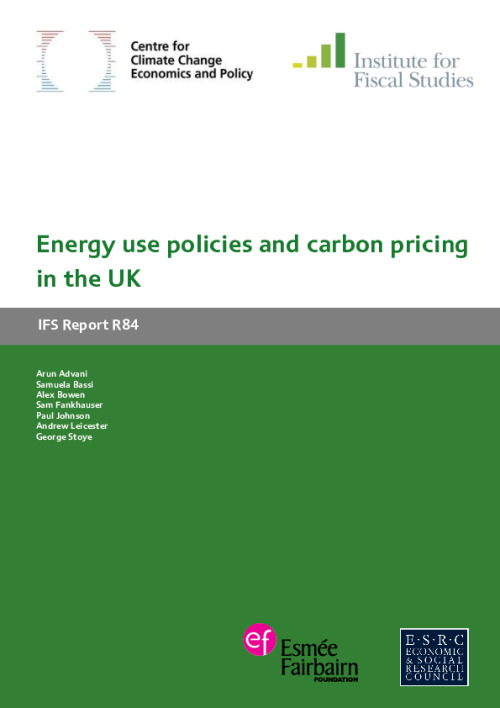
r84.pdf
PDF | 2.16 MB
This report, funded by the Esmée Fairbairn Foundation and the Economic and Social Research Council (ESRC), examines the effect of UK government policies on energy use and carbon pricing. The work was undertaken by researchers from the ESRC Centre for the Microeconomic Analysis of Public Policy at the Institute for Fiscal Studies (IFS), in collaboration with the ESRC Centre for Climate Change Economics and Policy and the Grantham Research Institute on Climate Change and the Environment at the London School of Economics and Political Science (LSE).
The report analyses and assesses:
- the rationale and objectives of energy policy;
- the current policy landscape faced by UK energy users;
- how current and future policy has led to inconsistencies in the implicit carbon prices faced by different users;
- potential ways in which to improve policy affecting domestic and business energy users.
| Buy a hard copy £9.99 |
Authors

Andrew Leicester

Director
Paul has been the Director of the IFS since 2011. He is also currently visiting professor in the Department of Economics at University College London.

Research Fellow University of Warwick
Arun is a Research Fellow at IFS, an Associate Professor of Economics at the University of Warwick and a Commissioner at the Wealth Tax Commission.

Associate Director
I completed a PhD at UCL in 2020. My work examines the drivers of variation in the quantity and quality of healthcare provided to different patients.

Samuela Bassi

Alex Bowen

Sam Fankhauser
Report details
- DOI
- 10.1920/re.ifs.2013.0084
- ISBN
- 978-1-909463-22-6
- Publisher
- Insitute for Fiscal Studies
Suggested citation
Advani, A et al. (2013). Energy use policies and carbon pricing in the UK. London: Insitute for Fiscal Studies. Available at: https://ifs.org.uk/publications/energy-use-policies-and-carbon-pricing-uk (accessed: 2 July 2024).
More from IFS
Understand this issue
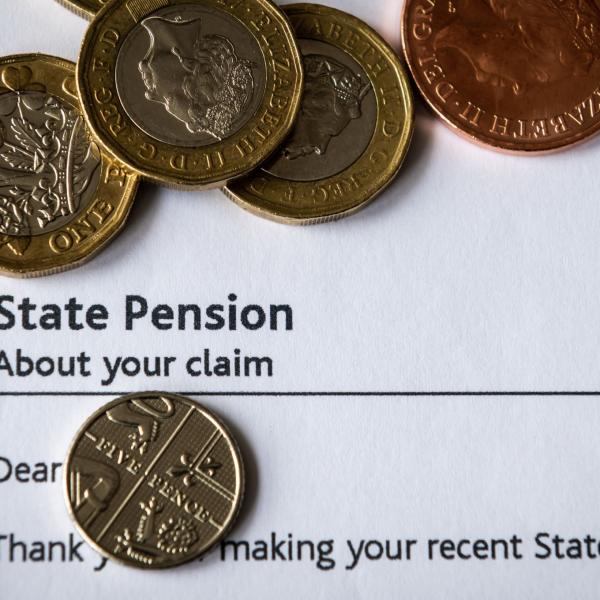
Where next for the state pension?
13 December 2023

Social mobility and wealth
12 December 2023
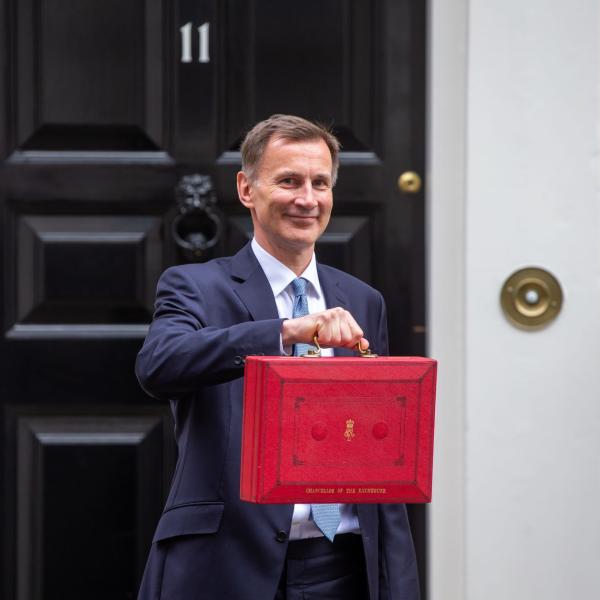
Autumn Statement 2023: IFS analysis
23 November 2023
Policy analysis

How would the parties’ tax and spending plans affect Scotland and Wales?
28 June 2024

General Election 2024: Manifesto Analysis Presentations
24 June 2024

How do the last five years measure up on levelling up?
19 June 2024
Academic research

The impact of labour demand shocks when occupational labour supplies are heterogeneous
28 June 2024
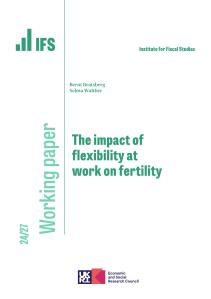
The impact of flexibility at work on fertility
11 June 2024
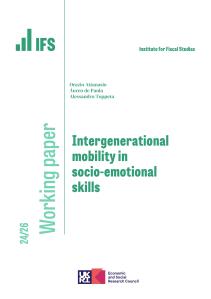
Intergenerational mobility in socio-emotional skills
5 June 2024